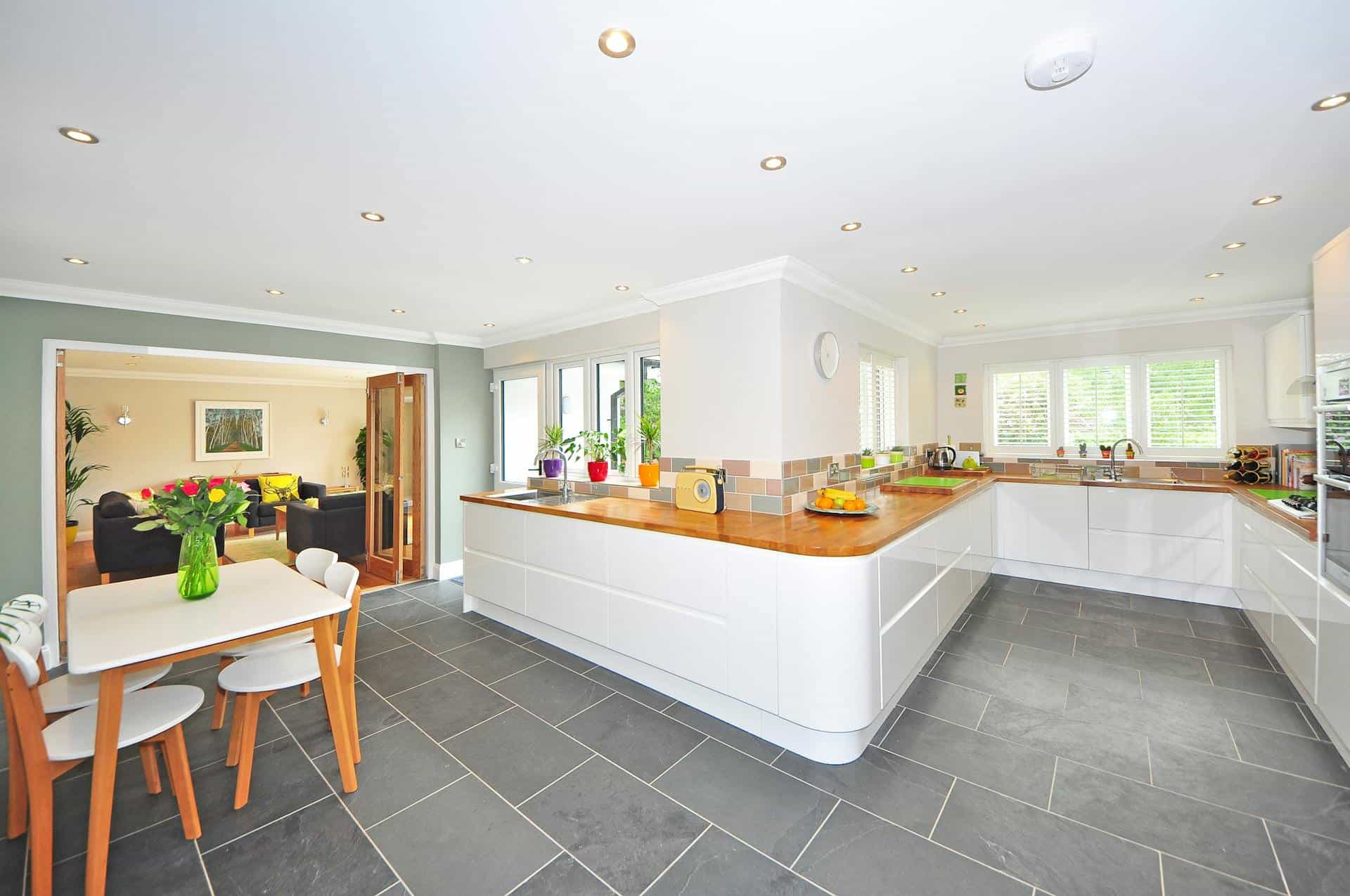
Question: Which is Better for Kitchen Floors, Ceramic or Porcelain?
Answer: Porcelain is better for kitchen floors. It’s denser, more water-resistant, and more durable than ceramic, making it ideal for high-traffic kitchen areas.
Ceramic vs. Porcelain: The Kitchen Floor Face-Off
Kitchen floors face spills, foot traffic, and dropped dishes. Choosing the right material matters. This article examines two popular choices: ceramic and porcelain tile. We’ll compare their durability, water resistance, cost, and style to help you decide which suits your kitchen best.
Durability: Standing Up to Daily Life
Ceramic and porcelain tiles offer durability, but porcelain wins. Porcelain’s denser composition makes it more resistant to chips, cracks, and scratches. This density results from a higher firing temperature and finer clay particles. Ceramic, while durable, is slightly more prone to damage. This makes porcelain ideal for high-traffic kitchens.
Consider lifestyle factors. Households with children or pets might benefit from porcelain’s extra durability. The added resistance to scratches and scuffs keeps floors looking new for longer.
Click here for more information on cabinet refacing near me Toronto
Related Article: How to Pick a Kitchen Floor?
Related Article: All About Kitchen Flooring
Cost Comparison: Balancing Budget and Quality
Ceramic tile generally costs less than porcelain. This makes it an attractive option for budget-conscious homeowners. Porcelain’s higher manufacturing cost contributes to its higher price. However, porcelain’s longevity can offset the initial cost difference. Its increased lifespan reduces the need for frequent replacements.
Evaluate your budget priorities. If cost is a primary concern, ceramic offers a good balance of affordability and durability. If a longer-lasting floor is a higher priority, the investment in porcelain might prove worthwhile.
Style and Aesthetics: Creating Your Dream Kitchen
Both ceramic and porcelain come in various styles and colors. They can mimic natural materials like wood or stone. This versatility lets you achieve different design aesthetics, from modern to rustic. Porcelain’s density allows for sharper, more detailed designs. Ceramic also offers a wide range of style choices.
Visualize your ideal kitchen. Do you prefer a classic, contemporary, or eclectic look? Both ceramic and porcelain offer the design flexibility to match your vision.
Installation Process: Professional vs. DIY
Installing ceramic and porcelain tile requires similar techniques. Both involve mortar and grout. However, porcelain’s density can make cutting more challenging. This might necessitate specialized tools. While some homeowners opt for DIY installation, hiring a professional installer ensures correct and even tile placement.
Assess your DIY skills. If you have tiling experience, installing ceramic tile might be a manageable project. For porcelain, especially complex layouts, professional installation can ensure a flawless finish.
Maintenance and Care: Keeping Floors Looking Their Best
Both ceramic and porcelain are relatively easy to clean. Regular sweeping and mopping remove dirt and grime. Avoid abrasive cleaners that can scratch the surface. Sealed ceramic grout requires periodic resealing to maintain its stain resistance. Porcelain generally requires less maintenance due to its low porosity and resistance to staining.
Consider your cleaning routine. If you prefer low-maintenance flooring, porcelain’s easy care fits the bill. Ceramic requires slightly more attention to maintain the grout’s appearance.
Conclusion
Choosing between ceramic and porcelain for your kitchen floor involves weighing various factors. Porcelain wins in durability and water resistance. Ceramic offers a more budget-friendly option. Both provide diverse style options. Consider your priorities and lifestyle to determine which material best suits your needs and helps create the kitchen of your dreams. This guide provides the information you need to make a confident decision. [ 1 ]
References
1. https://www.avalonflooring.com/blogs/blog/ceramic-vs-porcelain-whats-difference/

Blue Malue Get in touch with Blue here.
